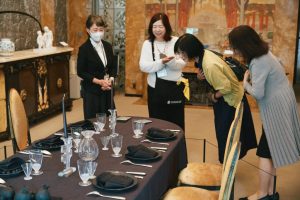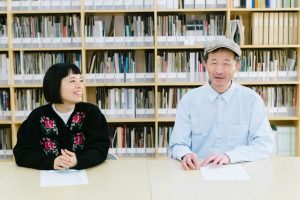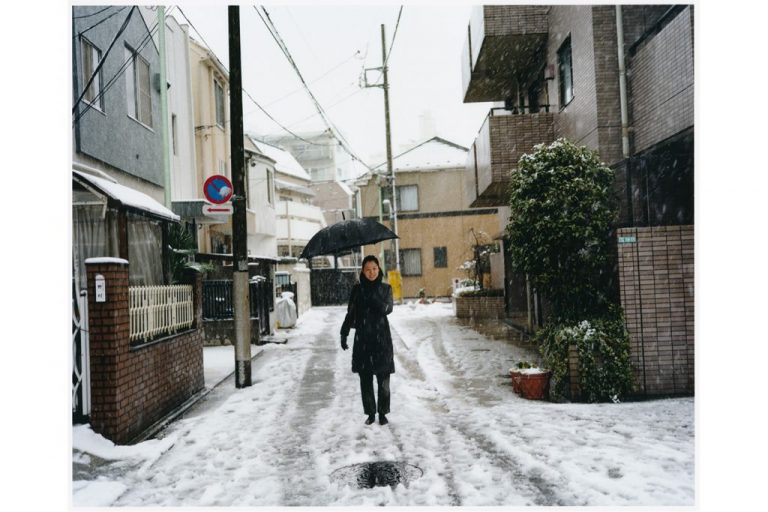TfA is an online theater where people can view videos of performing arts, films, media arts, and documentaries. Viewers can enjoy a variety of content, such as video recordings of performances held at real theaters, films, and other works with subtitles and audio guides, as well as new works created with accessibility in mind from the production stage for distribution. Each work offers several accessibility options to choose from. Some have been created with accessibility in mind, and as a result, they are unique and unparalleled.
Theatre for All: A service [for all people] to keep on thinking
THEATRE for ALL
SDGs × Art
No.002
A new theater, THEATRE for ALL (hereinafter referred to as TfA), was established in February 2021 midst of the severe situation of COVID-19. Its stage is not near a train station nor inside a shopping mall. It is in a place easily accessible from anywhere — yes, on the Internet. This article introduces the efforts behind TfA, an online theater created with “accessibility” in mind, allowing anyone to enjoy its works anytime and anywhere.
Online theater with a focus on accessibility
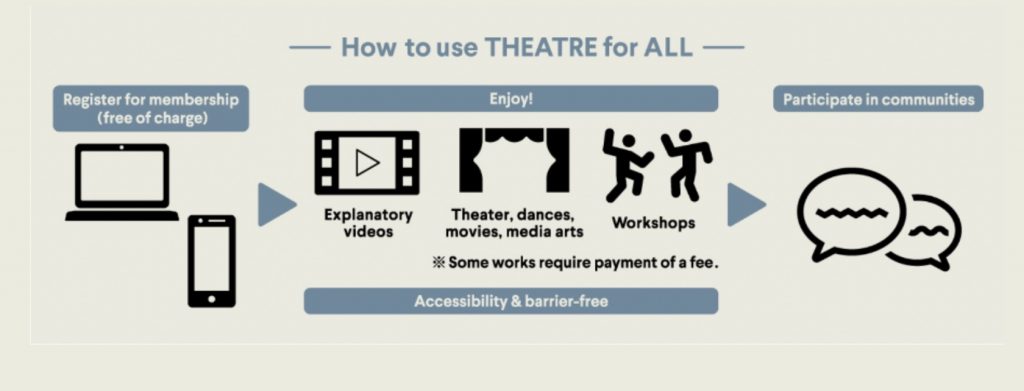
There is a wealth of content that can be enjoyed with free membership registration. Even more content can be viewed by becoming a member with a monthly charge. Some works are available by purchasing tickets for individual work.
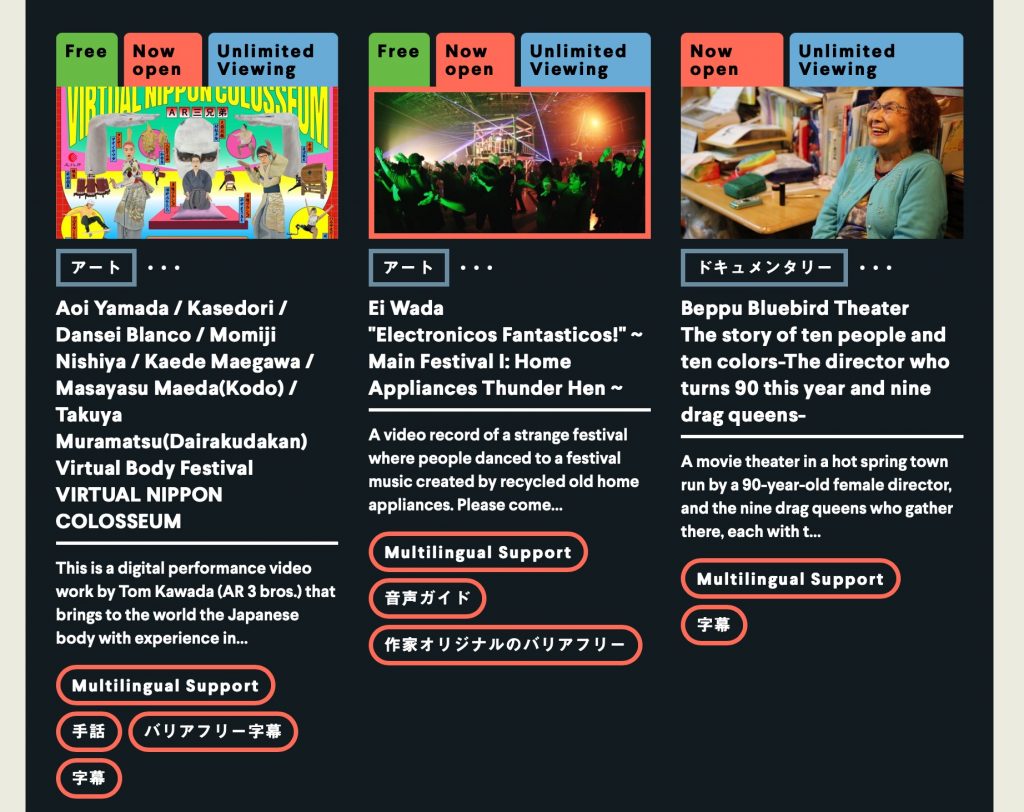
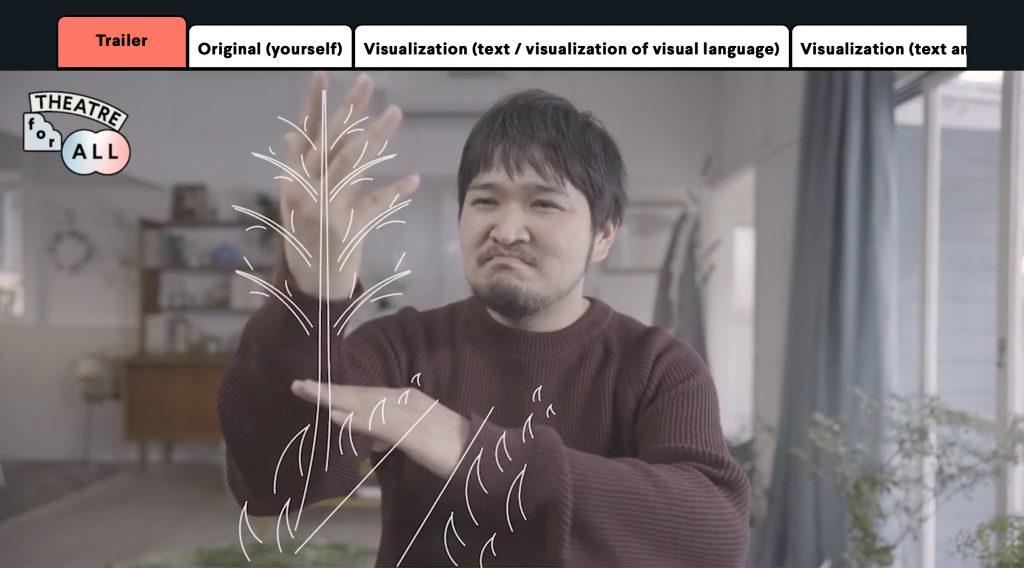
From Image by IGENGOLab.
Ms. Kaoru Kanamori, TfA’s general director, is executive officer of precog co., ltd. precog is a performing arts production company that plans and manages a variety of domestic and international events. Even before the COVID-19 pandemic, it had been involved in the production of projects that transcended barriers such as disability, gender, generation, language, and nationality, as well as the operation of the secretariat.
“We were forced to face restrictions due to the COVID-19 pandemic just when precog was in charge of ‘True Colors Festival,’ an art festival with the theme of diversity organized by the Nippon Foundation as the festival’s secretariat. Like many other organizations, we needed to start trying to get online as soon as possible, and that's when we came up with our own perspective on online accessibility,” says Ms. Kanamori.
“There are many difficulties to overcome when people think about going to theaters. Online theaters, which do not have a physical location, eliminate the barriers of travel and distance, and with video streaming, people can even watch lying down in the middle of the night while eating snacks. Viewers can pause and repeat the program. I believe that online theaters can improve accessibility for people with physical or intellectual disabilities and for those who cannot take as much time as they would like due to childcare, nursing care, or geographical distance. On the other hand, it is also difficult to make it open ‘for ALL.’ We are always looking for ways to make this theater more 'for ALL' through discussions with various people.”
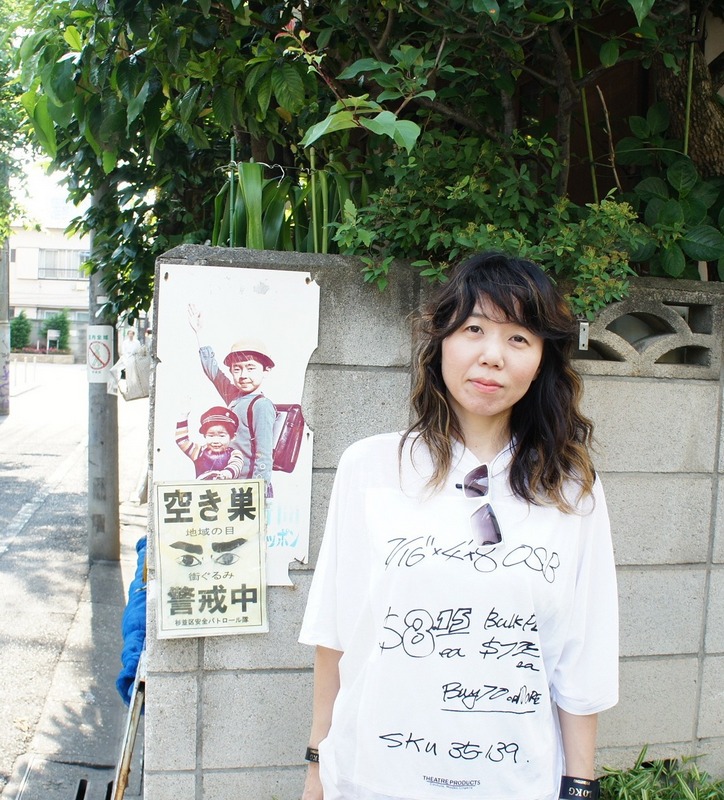
TfA as a place to explore ‘for ALL’
Another major feature of TfA is that apart from the works, explanatory videos by experts (writers, specialists, etc.) are available as “learning” content. “How should I view it?” Many people find it difficult to know how to enjoy artworks. This content, which introduces the background of the works, can be said to improve accessibility in terms of thinking. As of November 2021, about 30%, or 26 out of the total 77 items available on TfA, are learning content. (See: https://theatreforall.net/news/news-2717/ ) (in Japanese)
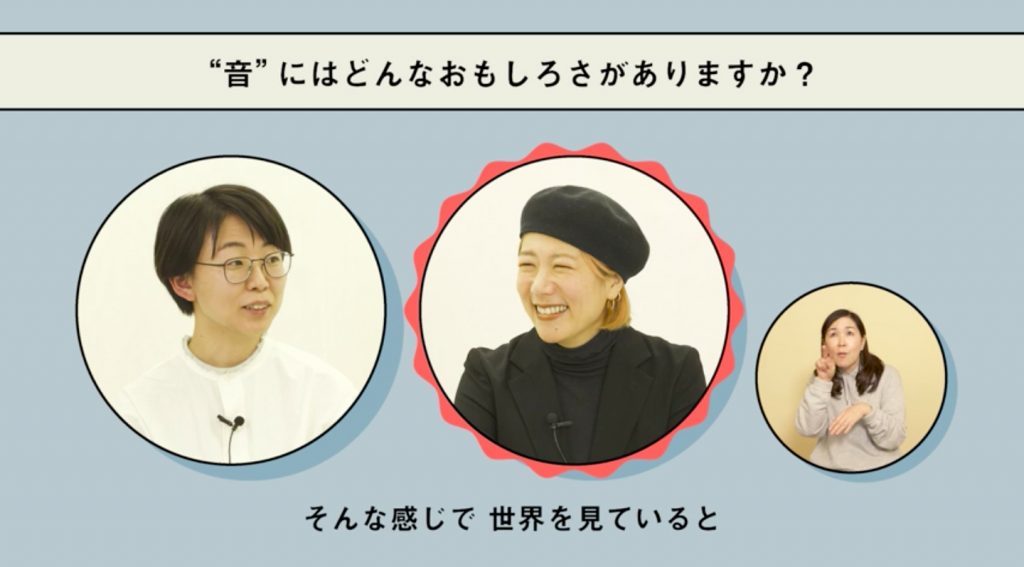
From [2 Qs] Yuko Mohri “I/O”
TfA’s efforts are not limited to the distribution of video content. On the top page, there are several entry points: “Watch” and “Learn” to access video content, “Participate” to access workshops, and “Read” to read articles that help deepen understanding and thinking about accessibility and diversity. In “Connect,” TfA helps to connect art and diverse people and create a place to think about and discuss communication between people who speak different languages and are from different environments.

TfA’s awareness of accessibility also extends to the website’s overall structure and design. From very early in the planning process, TfA brought in experts to ensure that information was arranged in a way that was easy to understand when read aloud, and that the color scheme was easy for people with intellectual disabilities. After hearing this story, when I opened TfA again, I felt that the text and colors that I had been casually viewing looked a little different.
Enhanced accessibility can bring additional awareness to those who, for whatever reason, find it difficult to enjoy artistic works in theaters and also to those who do not. TfA gives us ideas on how to enrich our enjoyment of artistic works in various ways.
Japanese original text: Nodoka Sakamoto
Translation: Kae Shigeno
THEATRE for ALL
https://theatreforall.net/en



